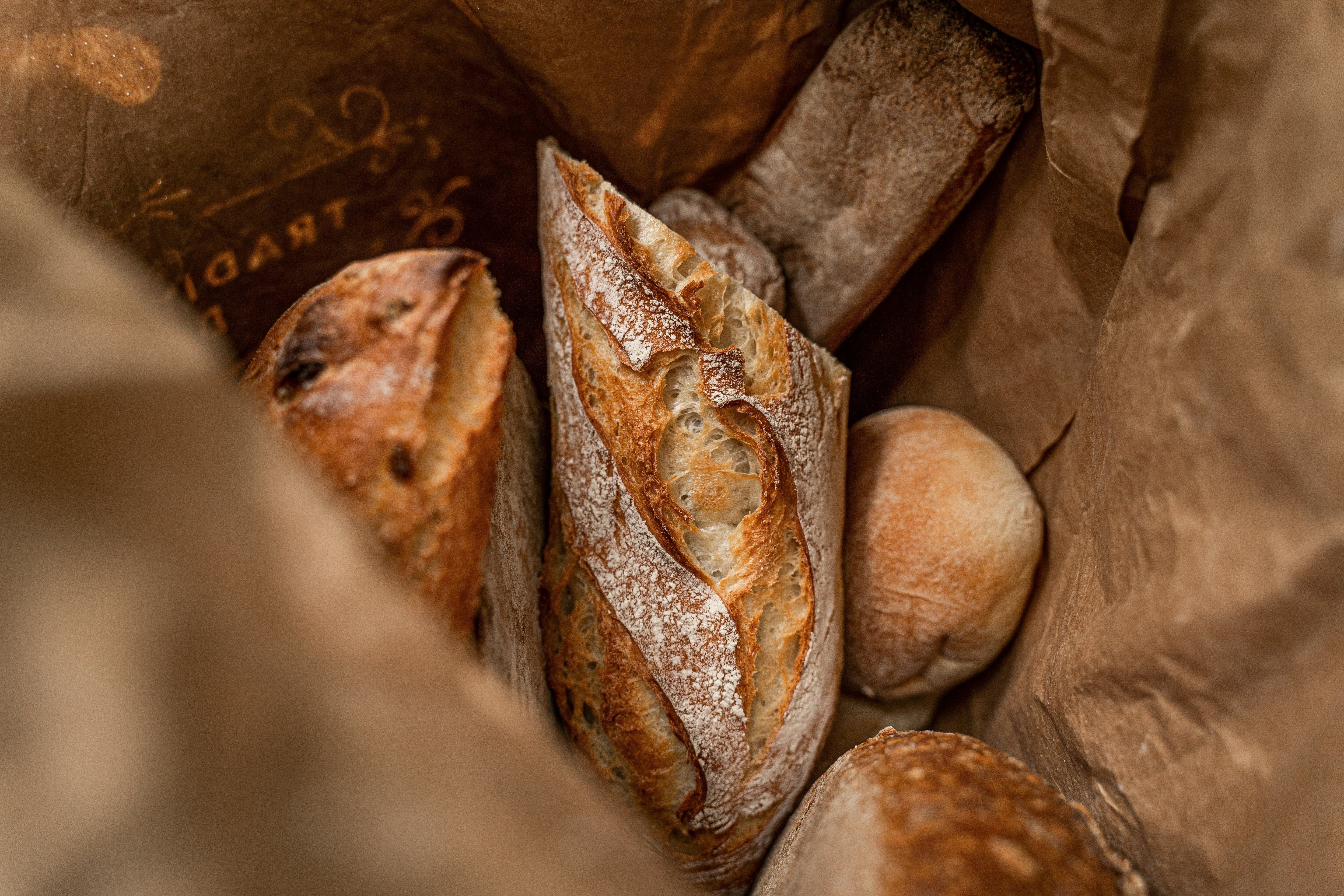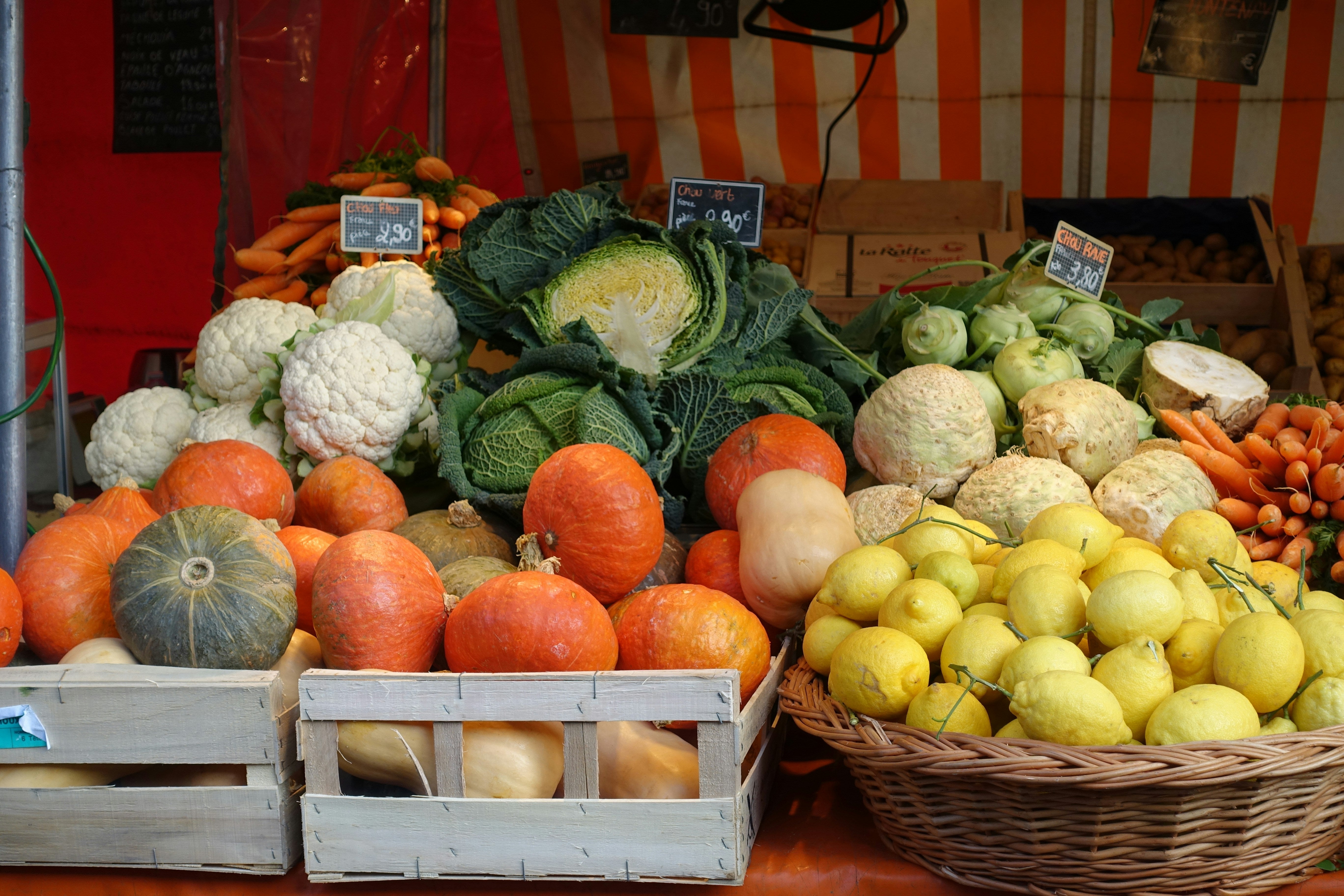Carbohydrates: Your Body’s Favorite Fuel

Carbohydrates (or carbs) are your body’s go-to fuel source for almost everything you do—whether that’s walking, doing yoga, dancing, or even powering your digestive system. They’re also your brain’s preferred energy supply.

When you eat carbohydrates, your body breaks them down into glucose—a form of sugar that’s used by your cells for energy. But here’s the important thing: not all carbs work the same way in your body. Some are digested quickly, giving you a short burst of energy, while others take their time, keeping you fueled for hours.
Simple Carbs: Quick Energy, Quick Crash
Simple carbohydrates are made of one or two sugar molecules, often referred to as “simple sugars.” Because of their small, simple structure, they’re easy for your body to digest—sometimes too easy.
Examples of simple carbs include:
- Cane sugar
- Beet sugar
- Corn sugar
- Honey
- Syrups
When you eat simple carbs, your body quickly converts them into glucose, sending a rush of sugar into your bloodstream. This can lead to a rapid burst of energy—a “sugar high.” Unfortunately, it’s usually followed by a “crash” that can leave you feeling sluggish, tired, and craving more sugar.
Simple carbs do have their place. Naturally occurring simple sugars in whole fruits and dairy products come with beneficial nutrients like vitamins, minerals, and fiber. The key is to choose these natural sources over refined or processed sugars when possible.
Complex Carbs: Steady, Long-Lasting Fuel
Complex carbohydrates are made up of longer chains of sugar molecules. Because of their structure, they take longer for your body to break down, meaning glucose is released into your bloodstream slowly and steadily.
Examples of complex carbs include:
- Quinoa
- Legumes (beans, lentils, chickpeas)
- Whole grains (brown rice, oats, whole wheat)
- Fresh fruits
- Vegetables
These foods not only provide lasting energy but are also rich in fiber—a type of carbohydrate that slows digestion even more, supports gut health, and helps regulate blood sugar levels. The result? You feel full longer and have more consistent energy throughout the day.
Why the Speed of Digestion Matters

The faster your body digests food, the sooner you’ll feel hungry again. Foods high in refined sugar can create a cycle of quick spikes and drops in blood sugar, which can trigger cravings and overeating.
In contrast, foods that take more work to digest—like whole grains, vegetables, and legumes—help keep hunger at bay, support healthy metabolism, and reduce the urge to snack constantly. Additionally, foods that release glucose slowly allow for stable energy levels. Depending on your activity level, health goals, and daily routine, you may benefit from one type of carb more than another at certain times.
Juicing and Carbohydrates
When you juice fresh fruits and vegetables, you’re delivering a concentrated dose of nutrients directly to your body. Juicing can provide:
- Vitamins
- Minerals
- Enzymes
- Plant-based proteins
- Complex carbohydrates
Fresh juice can be an energizing way to get the fuel you need without relying solely on simple sugars. Choosing juices made from a mix of vegetables and fruits ensures you’re getting a balance of natural sugars with fiber and micronutrients.
For a delicious option, check out organic Living Juices, which are packed with nutrient-rich ingredients to keep you fueled—without the sugar crash.
Using Carbs for Fuel
- Simple carbs = quick fuel, quick crash (best in natural forms like fruit or paired with protein/fiber) and helpful for a burst of energy before a shorter workout.
- Complex carbs = steady fuel, longer satiety, and better blood sugar balance.
- Juicing can be a nutrient-rich way to incorporate complex carbs and natural sugars into your diet.
By understanding the difference between simple and complex carbs, you can make better choices for your energy, focus, and long-term health. Instead of avoiding carbs altogether, choose ones that work with your body to keep you feeling your best.




